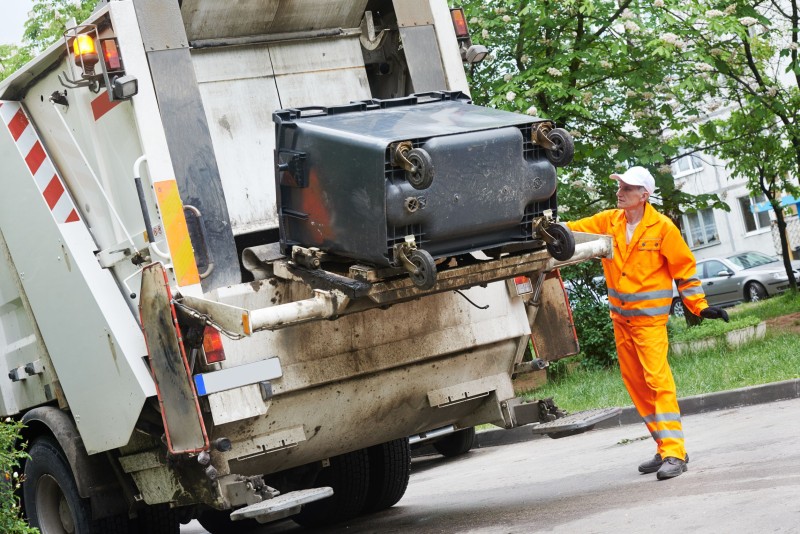In Saskatchewan’s rapidly growing construction industry, effective waste management is a key priority. It significantly reduces environmental impact while boosting operational efficiency on job sites. Adopting best practices is essential for successful Construction Waste Management Saskatchewan.
Key Practices in Managing Construction Waste
1. Proper Waste Segregation:
- Materials Sorting: Separate materials like wood, metal, and concrete at the source. This simplifies recycling processes and reduces landfill waste.
- Hazardous Waste: Properly identify and handle hazardous substances to prevent environmental contamination.
2. Maximizing Reuse and Recycling:
- Reuse: Before disposal, assess if materials can be reused in their current form on other projects.
- Recycling Facilities: Utilize local recycling facilities to process materials such as glass, plastic, and metal, turning waste into resources.
3. Efficient Waste Collection and Transportation:
- Scheduled Pick-ups: Organize waste collection in phases to keep the construction site clean and manageable.
- Right-sized Equipment: Use appropriately sized containers to optimize space and reduce transportation costs.
4. Advanced Planning and Training:
- Waste Management Plan: Develop a comprehensive waste management plan before starting the project.
- Training: Educate all personnel on proper waste handling and the importance of waste reduction strategies.
Implementing these practices in Construction Waste Management Saskatchewan ensures that construction projects are not only compliant with regulations but also environmentally responsible. By focusing on segregation, recycling, efficient collection, and proactive planning, construction companies can significantly reduce their waste footprint. For more detailed guidance and services, consider reaching out to professionals like Loraas Disposal, who specialize in managing construction waste effectively.

